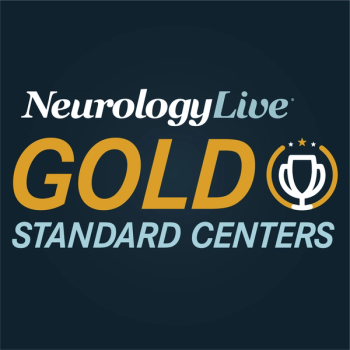
The trial’s 2-stage design seeks to answer questions about the dosing and efficacy of brivaracetam, a previously approved agent for partial-onset seizures in patients with childhood absence epilepsy and juvenile absence epilepsy.

The trial’s 2-stage design seeks to answer questions about the dosing and efficacy of brivaracetam, a previously approved agent for partial-onset seizures in patients with childhood absence epilepsy and juvenile absence epilepsy.

One model of AD suggests that Aβ pathophysiology triggers downstream molecular pathways, including tauopathy, which lead to cortical neurodegeneration, and cognitive decline is further attributed to the associated neurocortical Aβ plaques.

Whether it is a standard of care that is practical but not often appreciated or an emerging treatment that can change the landscape of a devastating disease, neurology as a whole is fueled by hope, and that is a gift that keeps on giving.

James F. Howard Jr, MD, and Nicholas J. Silvestri, MD, FAAN, offer their experiences in treating patients with myasthenia gravis and their thoughts on the future of the care paradigm with novel agents in development.

The GRADUATE studies, which spanned across 32 countries, showed minimal relative reduction in clinical decline for those on gantenerumab relative to placebo over a 116-week treatment cycle.

IPX203, an oral formulation of carbidopa/levodopa, the standard treatment for Parkinson disease, demonstrated statistically significant results in improving ON time relative to immediate release CD/LD.

NurOwn, otherwise known as autologous mesenchymal stromal cells secreting neurotrophic factors cells, has demonstrated significant effects on disease progression in less severe forms of ALS.

Once thought nearly impossible to treat, ALS has seen another step of progress with the approval of AMX0035 and a future of potential therapeutics on the way.

Presented as an oral late breaker by Tomas Kalincik, MD, PhD, autologous hematopoietic stem cell transplantation was not superior to natalizumab in the reduction of disability progression in patients with progressive MS.

In the first of its kind ARISE study, treatment with dimethyl fumarate resulted in more than 80% reduction in risk of first demyelinating event relative to placebo.

Through dedicated research into biomarker discovery and patient care, the neuroimmunology laboratory at Mayo Clinic has paved a new way of life for those with autoimmune disorders.